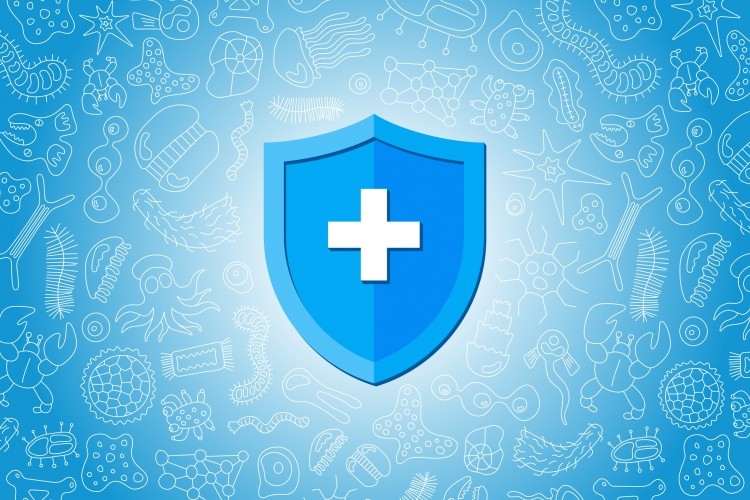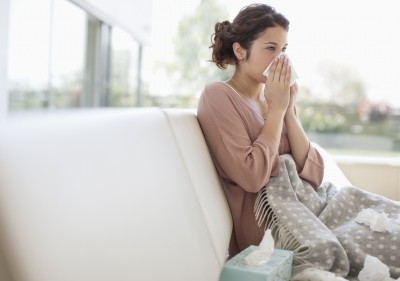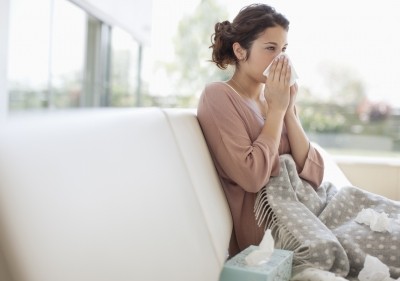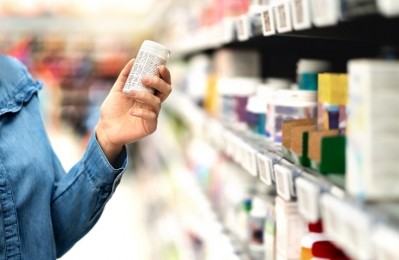IPA review: ‘Increasingly the evidence shows that the microbiome can have an impact on viral disease outcomes’

Interest in how the microbiome and probiotics can support immune function and response has never been higher, with scientific studies reporting a potential role of the gut microbiota in the severity and duration of COVID-19. Such links led prominent scientists like Professor Glenn Gibson and Dr Gemma Walton from the University of Reading and Dr Kirsty Hunter from Nottingham Trent University to ask the UK’s Health Secretary Matt Hancock to assess the role of the gut microbiome in coronavirus.
Writing in Frontiers in Cellular and Infection Microbiology, scientists affiliated with ADM Health & Wellness, IFF (formerly DuPont Nutrition and Biosciences), IPA, Danone Nutricia Research, AB-BIOTICS S.A., Lallemand Health Solutions, and Triphase Pharmaceuticals, Pvt Ltd., stated: “Given that certain microbiome states may increase susceptibility to infection and disease, interest has grown in the utility of probiotics (“live microorganisms that, when administered in adequate amounts, confer a health benefit on the host”), which offer the potential to beneficially alter the microbiome to enhance antiviral immunity.”
Can the manipulation of the microbiome with probiotics prevent or ameliorate the host immune system?
Commenting on the new review, which can be accessed here, the International Probiotics Association told NutraIngredients-USA: “Increasingly the gastrointestinal (GI) microbiome has been shown to be a key regulator of immunity and host defense mechanisms. Disruption of the homeostasis between the GI microbiome and the host immune system can adversely impact viral immunity. This may affect viral infection risk and recovery.
“The article looks at the interaction between the host immune system and viral immunity. Can the manipulation of the microbiome with probiotics prevent or ameliorate the host immune system?
“The article reviews how host-microbiota interactions shape the immune system, including early life factors, antibiotic exposure, immunosenescence, diet (probiotics) and inflammatory diseases. The interplay between the gastrointestinal microbiome, invasive viruses and host physiology is complex and yet to be fully characterized, but increasingly the evidence shows that the microbiome can have an impact on viral disease outcomes. This will remain relevant also once Covid-19 has been overcome.”
Mechanisms of action
While the potential mechanisms of action how select probiotic strains may exert antiviral activities are not fully understood, the authors note that these could be direct via improving mucosal barrier function or limiting the ability of viral particles to cross this physical barrier, for example, or direct virucidal effects (reported for some lactobacilli), or interfering with the adhesion of the virus to the mucosal surface.
However, the effects could be indirect: “The most well documented anti-viral effect of probiotics … is the modulation of the immune system,” they wrote, with probiotics reported to boost the activity of natural killer cell and cytotoxic activity and/ or via an antiviral cytokine responses.
“It is not unlikely that that many of these and other mechanisms function in parallel and/or subsequently,” wrote the authors.
To conclude, the scientists wrote: “The interplay between the gastrointestinal microbiome, invasive viruses and host physiology is complex and yet to be fully characterized, but increasingly the evidence shows that the microbiome can have an impact on viral disease outcomes.
“While the current evidence base is informative, further well-designed human clinical trials will be needed to fully understand the array of immunological mechanisms underlying this intricate relationship.”
Source: Frontiers in Cellular and Infection Microbiology
Published online. Doi: 10.3389/fcimb.2020.596166
“Viral Infections, the Microbiome, and Probiotics”
Authors: A. Harper et al.
















